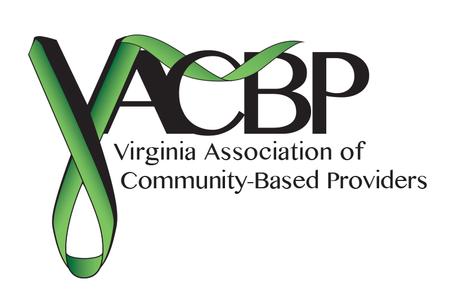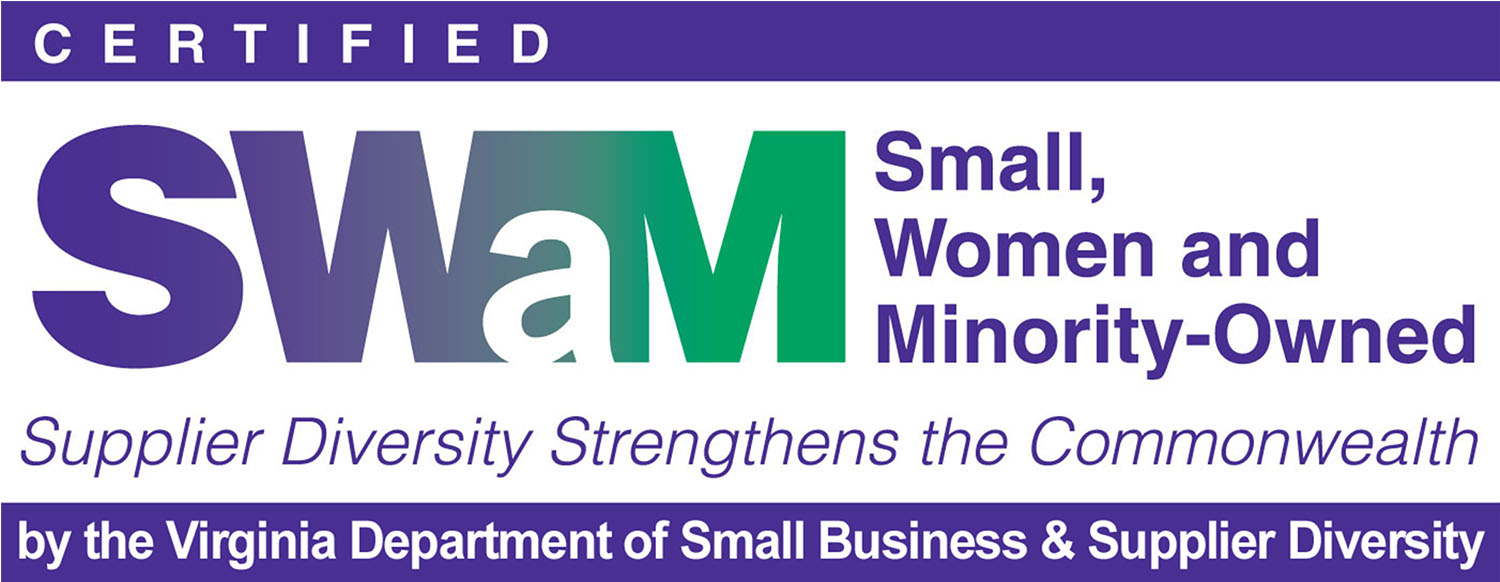
Mindfulness & COVID19
During a traumatic or tumultuous circumstance, we often don't realize how our thoughts, emotions, and behaviors impact our day to day experiences. For example, reflect on how much your sleep, productivity, and eating habits have changed during the stay-at-home directive during COVID19. It's challenging to keep track of the things that normally ground us — we are not always living fully aware. We aren’t alway present.
Practicing a lifestyle of awareness with acceptance is called mindfulness.
Mindfulness was adapted and introduced to western culture by Jon Kabat-Zinn. He traveled to Eastern Asia and began practicing Mindfulness-Based Stress Reduction in 1979 with patients that were not responding to traditional treatment. They noticed a substantial improvement in their mental and physical health with mindfulness — in comparison to traditional psychological interventions.
So what does this look like in today’s society? Many athletes, corporations, and even schools have adapted mindfulness practices. It’s not simply clearing your mind and sitting quietly — it’s a practice of being aware of what you think and feel without judgement.
During COVID19, find a moment to practice mindfulness, whether right when you wake up in the morning, as a midday break to reset, with three deep breaths before a meeting, or at the end of your day to release any stress you carried throughout the day. I especially enjoy a body scan, to pay attention to any tension and release from head to toe.
Mindfulness can help settle the hurricane of physical sensations you experience when emotions are intense. You can even mindfully wash your hands or smile at a fellow human to make this new normal feel a little less stressful. I encourage you to be aware of what emotions are showing up for you in this time of uncertainty.
Teka Johnson, LCSW





